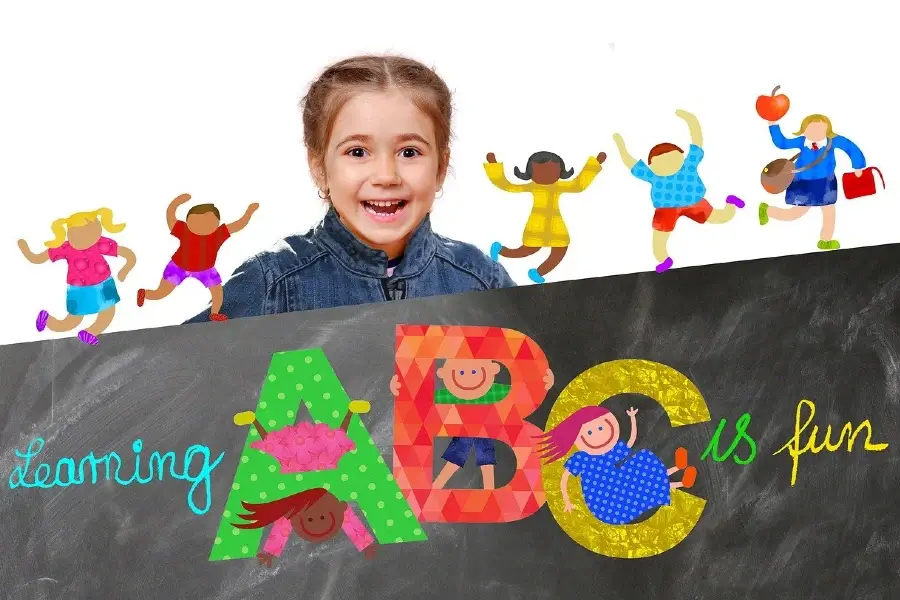Assistance with Preschool Enrollment for Low-Residency Families
All children benefit greatly from early childhood education (ECE), but those from low-income households are particularly in need of it.
Limited resources, poverty, instability, and language obstacles are just a few of the difficulties these kids frequently encounter. By laying a solid groundwork for future success, ECE can assist lessen the impact of these difficulties.
Empowering Low-Income Families through ECE:
Early childhood education (ECE) programs have a positive impact on the cognitive development of children from low-income households. These programs aid in the acquisition of language, literacy, and problem-solving abilities, among others.
Improvements in social and emotional development: Children enrolled in ECE programs have a better chance of acquiring important life skills including self-control, empathy, and teamwork.
Families with modest incomes may find it difficult to afford the tuition and fees associated with high-quality early childhood education programs.
Children from low-income households can benefit from ECE programs since they increase their school preparedness.
Less disparity in academic performance between children from low-income families and their more privileged classmates is one benefit of early childhood education (ECE).
Better physical health: Early childhood education (ECE) programs might lessen the likelihood of developing chronic diseases by encouraging good lifestyle choices in children.
Education for the Care of Young Children (ECE) programs open doors for working parents, allowing them to better provide for their families.
Obstacles and Difficulties:
Obtaining high-quality ECE programs is extremely difficult for many low-income families, despite the many benefits of ECE. The following are examples of typical difficulties:
Accessibility: Families with modest incomes may find it difficult to afford the tuition and fees associated with high-quality early childhood education programs.
To guarantee that children are getting the greatest education and care possible, high-quality ECE programs should adhere to strict guidelines.
Availability: There is a dearth of excellent ECE programs, particularly in areas with low incomes.
Access to transportation: Low-income families may face challenges getting to and from ECE programs due to limited options. Problems discovering and enrolling children in ECE programs may arise for families whose members have inadequate English ability.
Potential Policy Responses:
All children, regardless of their families’ financial situation, should have access to high-quality ECE, and there are a number of policy options that can help with this. Among them are:
To ensure that low-income families have access to inexpensive, high-quality early childhood education programs, the government must increase its financing for these programs.
Raising the bar for quality: To guarantee that children are getting the greatest education and care possible, high-quality ECE programs should adhere to strict guidelines.
Children from low-income households benefit greatly from early childhood education because it is a long-term investment.
Assistance should be provided to low-income families in a tailored manner so that they can overcome obstacles to obtaining early childhood education (ECE).
Involvement of parents and families: Families and parents should take an active role in their children’s early childhood education program.
Support for policy solutions can be generated through raising public understanding about the importance of early childhood education (ECE).
Children from low-income households benefit greatly from early childhood education because it is a long-term investment. We can all work toward a more equal society if we make sure that all kids can participate in good ECE programs.
Our society can be made more fair and equitable if everyone has equal access to early childhood education programs. Children from low-income households have a better chance of succeeding academically and in life when they have access to high-quality early childhood education programs. Improved employment prospects, higher incomes, and general well-being can result from this achievement.
A more fair and equitable world, where everyone has a chance to succeed, can be achieved by making sure that all children can participate in high-quality ECE programs.
Additionally, low-income families can break the cycle of poverty with the support of high-quality ECE programs. Our community will be better off in the long run if we help kids succeed by giving them the resources they need.
In conclusion, funding early childhood education (ECE) programs is a long-term bet on the prosperity of our nation. A more fair and equitable world, where everyone has a chance to succeed, can be achieved by making sure that all children can participate in high-quality ECE programs.
Here are a few more resources for you:
Here are several websites that can be helpful:
- Child Care Aware of America
- National Head Start Association
- Center on the Developing Child at Harvard University
- Zero to Three













